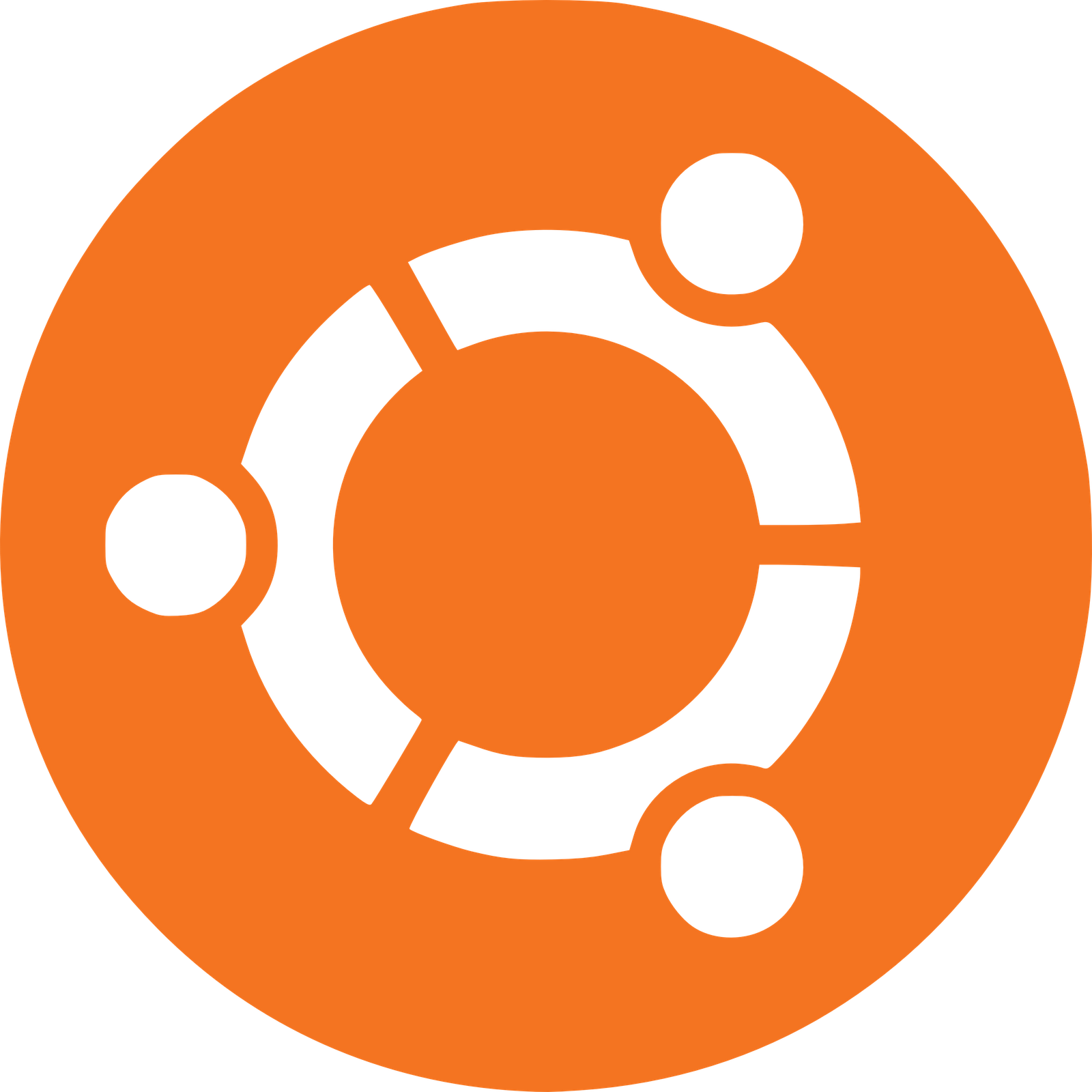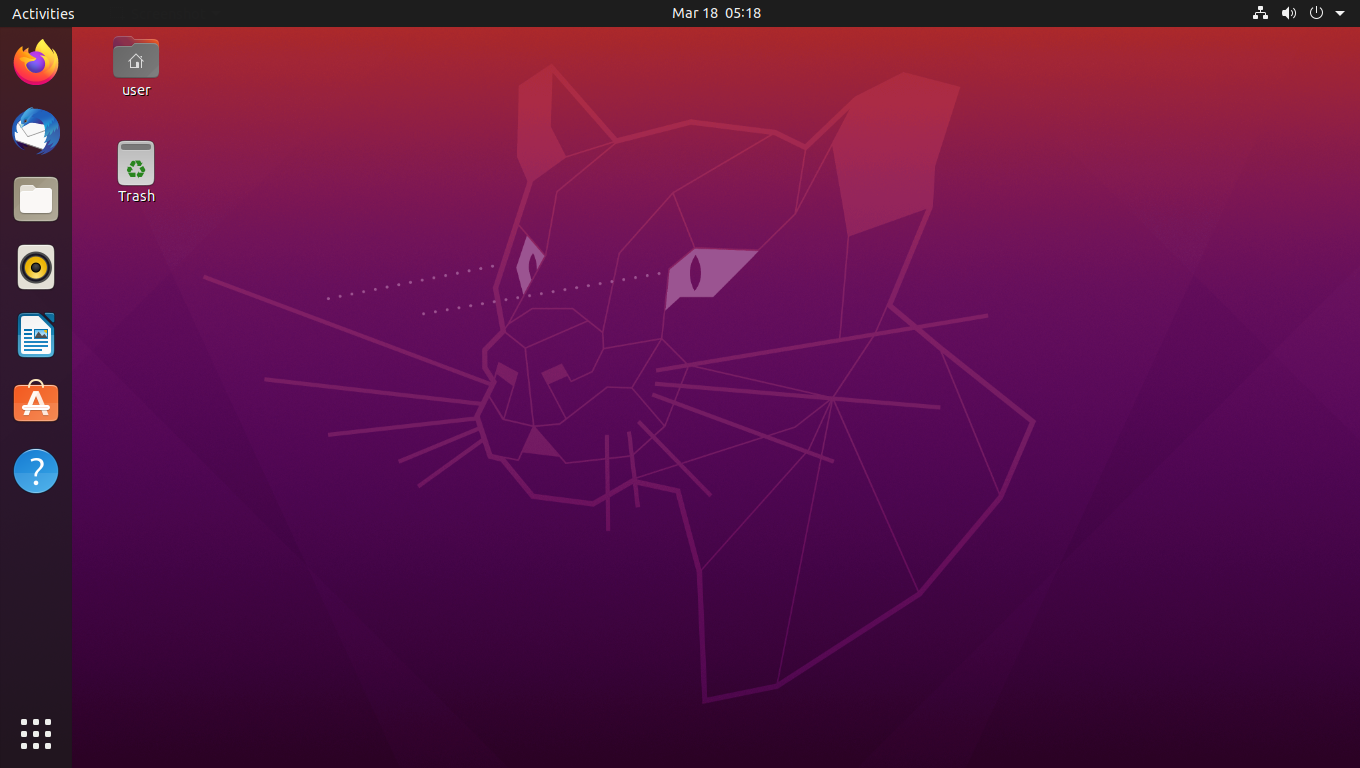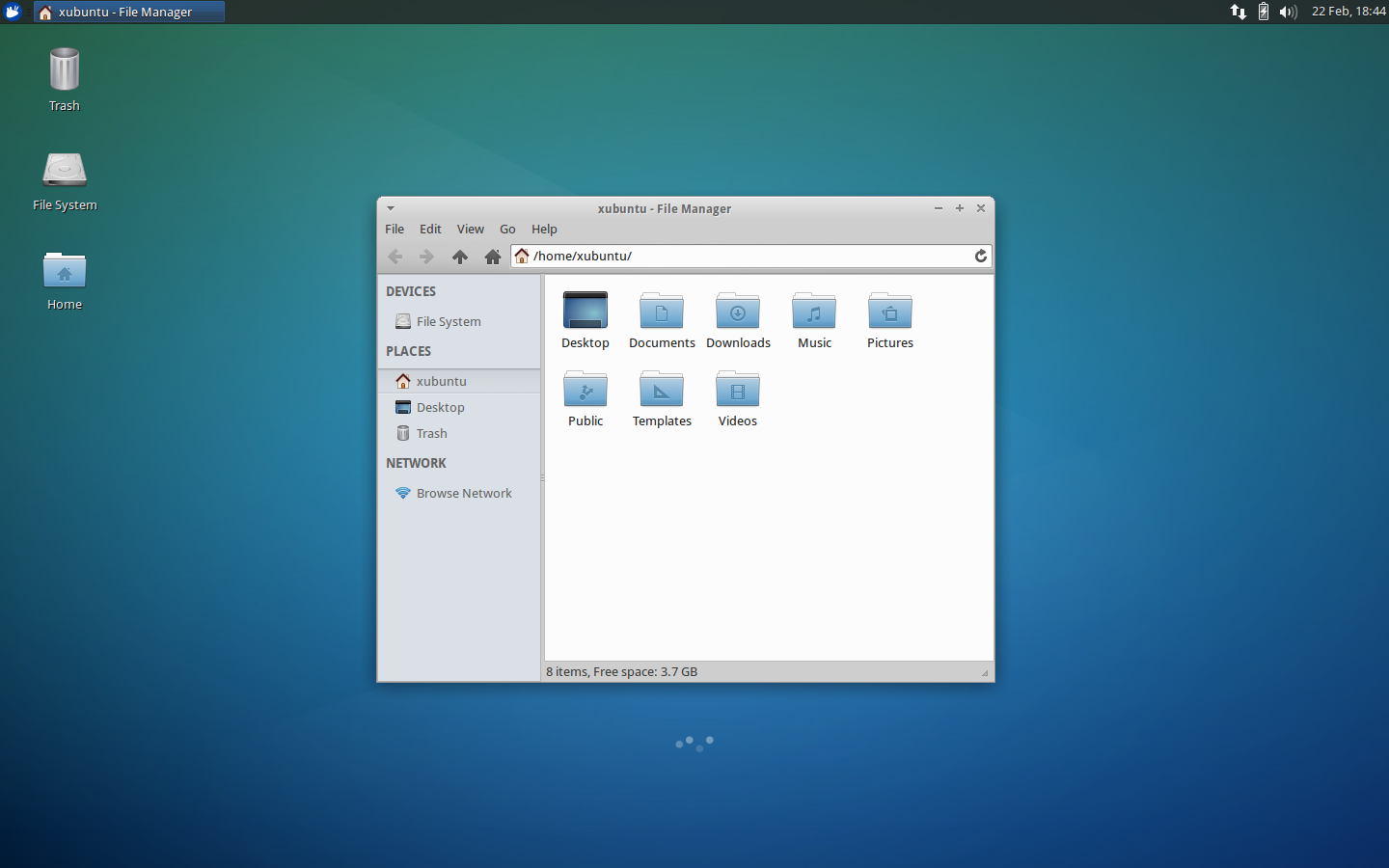hello friends! new(ish)!
Ubuntu


Ubuntu is a Debian-based GNU/Linux distribution pioneered by the evil genius and billionaire spaceman, Mark Shuttleworth, along with his company Canonical. It is aimed at being friendly to new Linux users, and is the most widely used Linux operating system in the world[1][2]. Canonical, the company behind Ubuntu, offers great technical assistance and help, in the form of forums, and commercial support. Ubuntu is an ancient African word meaning 'humanity to others'. It also means 'I am what I am because of who we all are', thus, the name Ubuntu, embodies the spirit of FOSS development. Unity, Ubuntu's former default interface, is also notable for its design philosophy, which has sparked mixed reactions amongst technology blogs and critics[3][4]. Ubuntu can be downloaded here. While the main release comes with the Gnome desktop environment, there exist a variety of officially supported variants (or "flavours") that ship with other desktop environments, some of which serve special use cases.
Ubuntu flavours

The officially recognized variants of Ubuntu are as follows:
- Xubuntu uses the Xfce desktop environment (and is probably the most popular *ubuntu on /g/)
- Lubuntu uses the LXQT desktop environment
- Ubuntu Budgie uses the Budgie desktop environment, popularized by the Solus distribution.
- Kubuntu uses the KDE desktop environment
- Ubuntu GNOME uses the GNOME desktop environment
- Ubuntu MATE uses the MATE desktop environment
- Ubuntu Studio is designed for multimedia editing and creation
- Ubuntu Kylin is localised for China
- Edubuntu is customized for educational use
- Mythbuntu is designed for creating a home theatre PC with MythTV
There are many other derivatives of Ubuntu, but only those listed above are supported by Canonical.
Regular and LTS releases
Every two years, Canonical releases a Long-Term Support (LTS) version of their OS. It is intended to be very stable, and is supported for five years. As a result, however, package versions are often outdated (this can be remedied through the use of PPAs though)[5].
Non-LTS, or regular releases, are released every six months. They include newer, nonetheless relatively stable, packages. This ensures that newer hardware will be supported and later versions of packages will be available. However, each version is only supported for 18 months[6].
The Ubuntu Phone
The folks behind Ubuntu have also released a phone which runs said OS. There are several different models and while they haven't garnered much market share yet, they've been generally well received by reviewers[7][8][9].
Why use an Ubuntu distribution?

- Ease of use
- Sane defaults
- Fantastic community and commercial support
- Uses Debian's amazing apt package management system
- Is compatible with Debian repositories
- Extends the usefulness of apt with PPAs
- Most software one needs is provided out of the box
- It is the brainchild of a super-wealthy astronaut and certified lunatic
Controversy
- Canonical, the company supporting Ubuntu, has been criticized for its lack of contribution to upstream in certain projects (particularly GNOME), and they often fork software, changing it to fit their system. It should be noted that in general, Ubuntu developers do have a good relationship with Debian, and put considerable effort into contributing back to upstream in that regard[10][11].
- Richard Stallman has also criticized Ubuntu because of Amazon's integration with the Unity search tool (detailed below).
Amazon spyware
Sadly, the flagship version of Ubuntu ships with the plague that is the Unity desktop environment, which formerly contained Amazon spyware/adware built right into the desktop environment's search tool. Luckily, the aforementioned has been removed in recent releases. But if you are still using one that predates 15.10, it can be painlessly removed by following the simple instructions at Fix Ubuntu. It should be known that the problematic Amazon "feature" was only present in the Unity desktop environment, and no other versions of Ubuntu, outside of the main one, are effected.
Replacing Unity
Like any other Linux distribution, the default desktop environment in Ubuntu can be easily replaced.
For example, to switch from Unity to the Cinnamon Desktop Environment (A GNOME 3 Fork), one can do the following:
# apt-get remove unity unity-asset-pool unity-control-center unity-control-center-signon unity-gtk-module-common unity-lens* # apt-get remove unity-services unity-settings-daemon unity-webapps* unity-voice-service # add-apt-repository ppa:gwendal-lebihan-dev/cinnamon-stable # apt-get update # apt-get install cinnamon